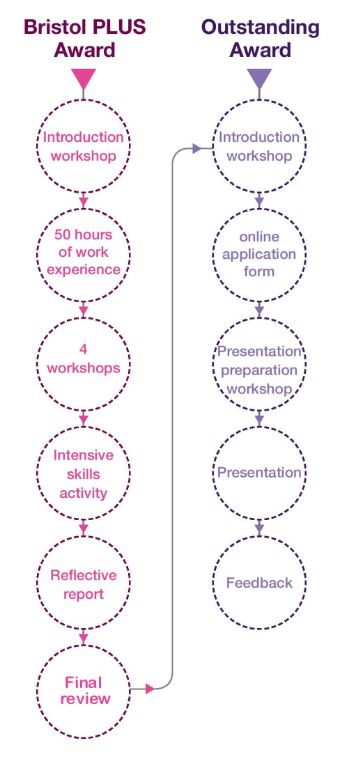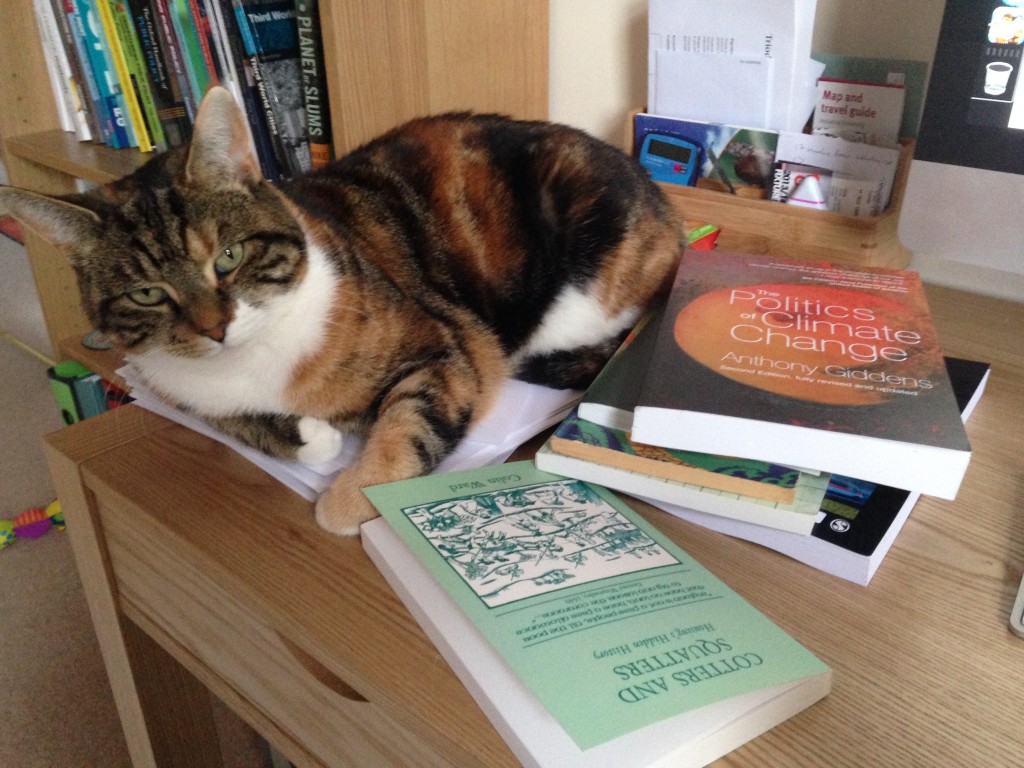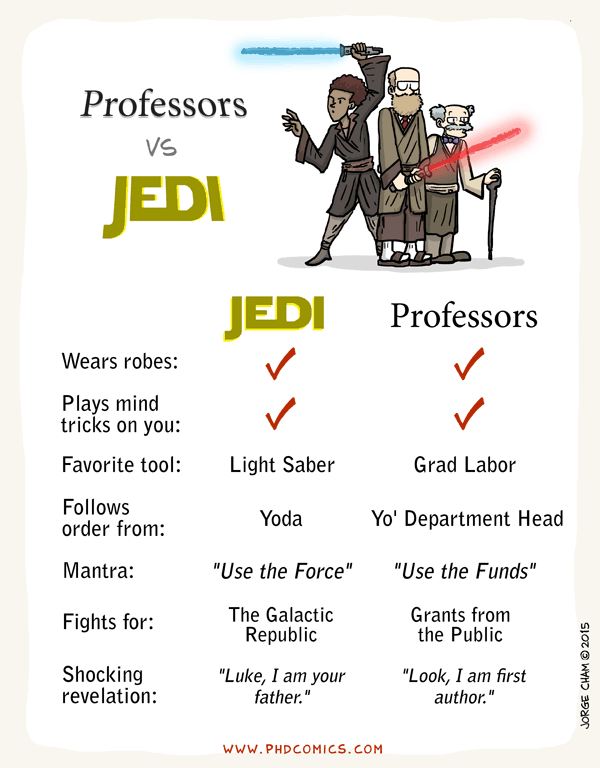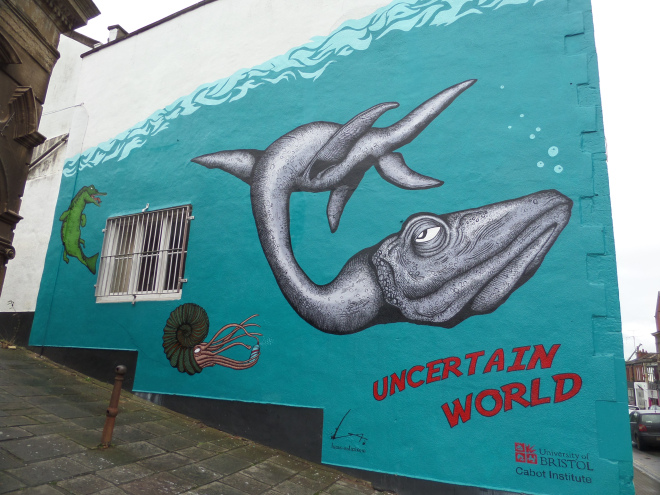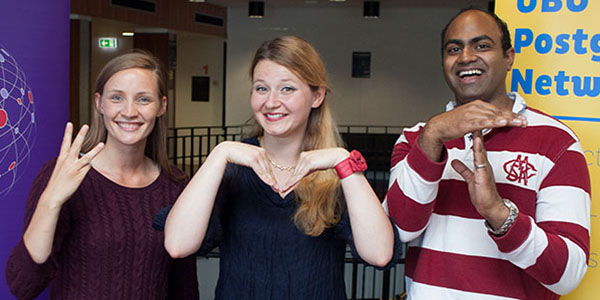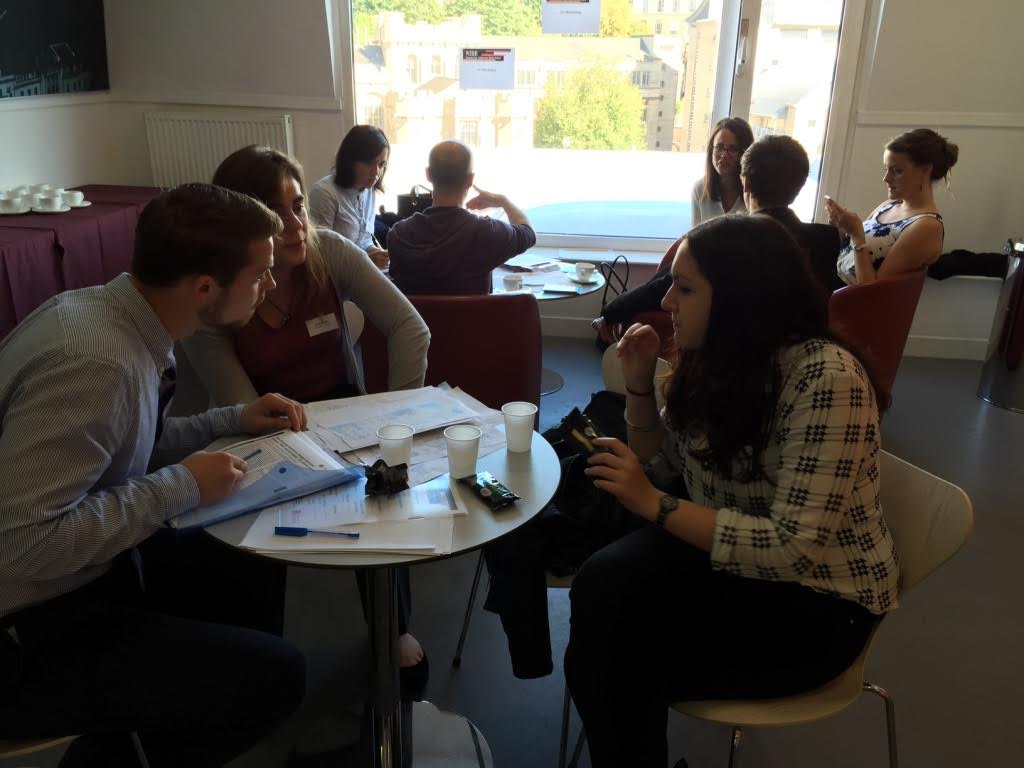The Bristol PLUS Award recognises and rewards University of Bristol students who have gained significant professional and life skills through work experience, volunteering and other activities outside of their studies. The award is designed to help you enhance your CV, develop a variety of employability skills and be more prepared for the interview process.
Awal Fuseini, a doctoral student in the School of Veterinary Sciences, shared his experience with completing the Bristol PLUS Award last year.
As a postgraduate research student, I am always on the lookout for any extracurricular activity that can improve my confidence, networking skills, presentation skills and add some weight to my CV, because I am well aware that recruiters/ employers are now looking beyond degree certificates. The activities leading to the award of the Bristol Plus Award certainly tick most of the boxes, hence why I decided to complete it.
The interactive nature of the workshops means all participants are encouraged to actively take part, this builds confidence and improves on team working skills. Some of the workshops eg the interview skills workshop gives participants useful information on what employers look for during interviews including body language skills, dress code and general interview skills. One of the most important workshops I attended was: The power of relationships in the work place. After the workshop, I learnt very important skills that will enable me to work successfully with any difficult person in my future career no matter how complex the person’s life is. Other useful workshops included: Developing leadership skills and Clueless about your careers?
During the work experience aspect of the award, I was able to gain valuable work experience whilst getting paid and more importantly use it towards the award. My work experience was with a food certification company in London. My role involved visiting food processing companies and slaughterhouses to ensure that all procedures were consistent with the standards of the certification body. I did also do some administrative duties at the Head Office as well.
I have already encouraged some of my peers to complete the Bristol Plus Award and I will not hesitate in recommending it to the wider University of Bristol postgraduate research student community, it is a worthwhile award!
Curious? Think you can stand out from the crowd? Attend one of the Introductory talks hosted by the University’s Careers Service. For an overview of the award structure, see the below graphic:


